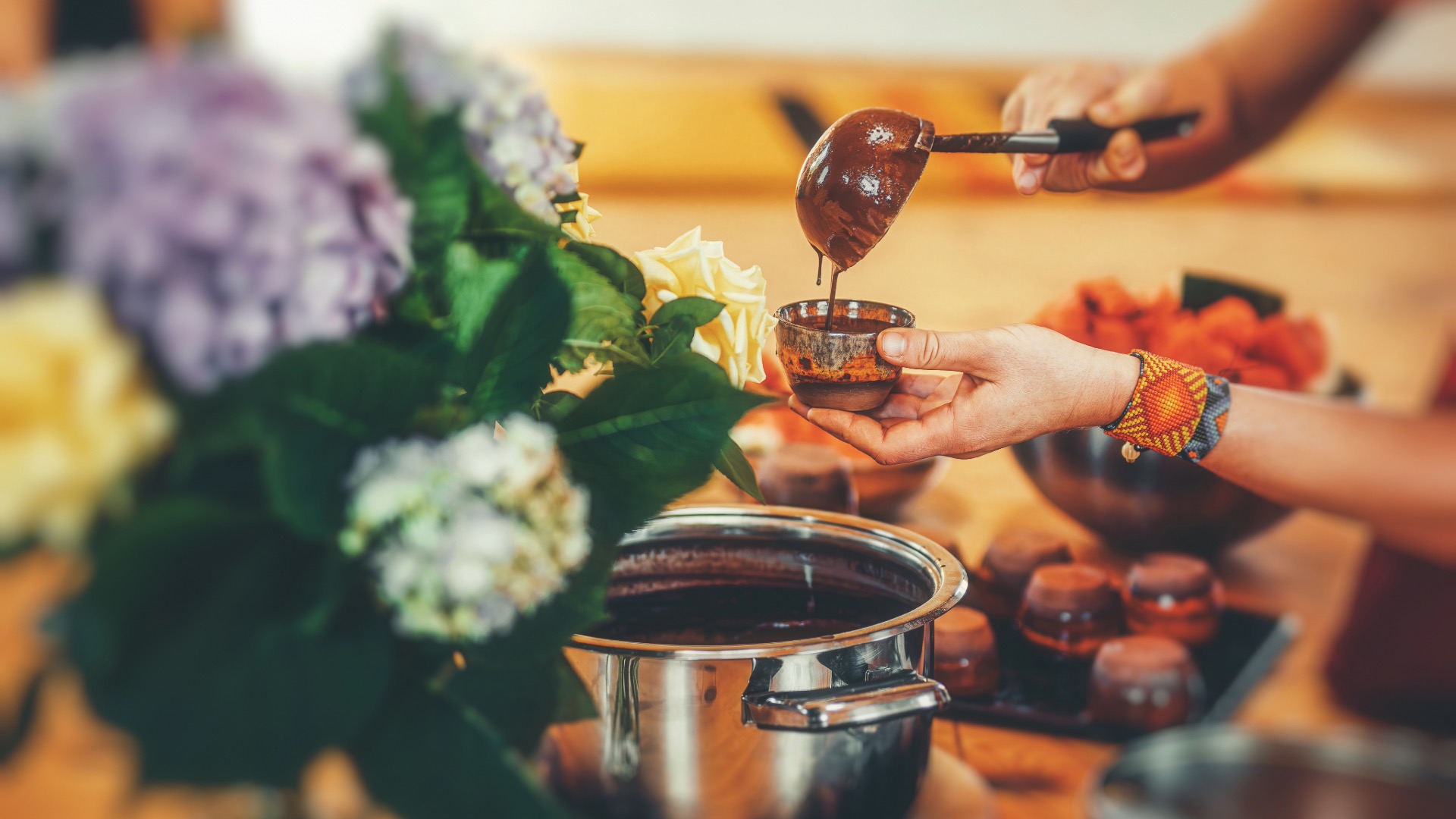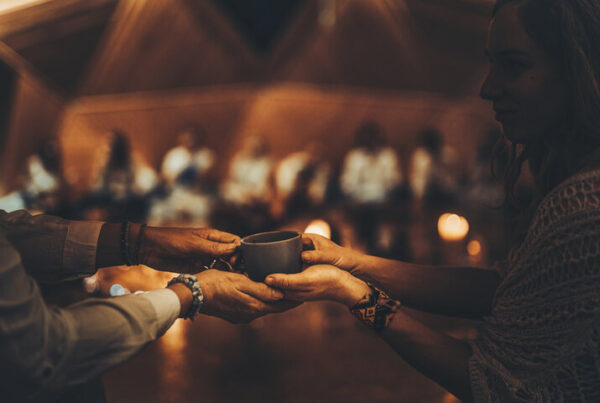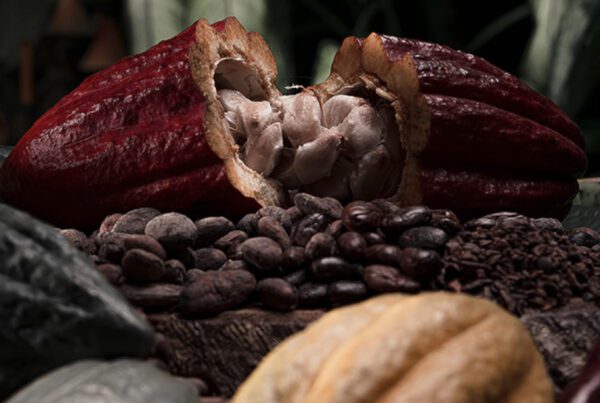Ceremonial cacao, celebrated for its heart-opening and spiritual properties, has gained immense popularity worldwide. However, for those new to this ancient plant medicine, a common question arises: Is ceremonial cacao legal?
In this article, we’ll explore the legal status of ceremonial cacao, its classification, and why it’s widely accepted across the globe.
Understanding Ceremonial Cacao
Ceremonial cacao refers to minimally processed cacao made from high-quality beans, often sourced ethically from regions with a long tradition of cacao cultivation, such as Mesoamerica. It is used in spiritual and ceremonial settings for its ability to foster connection, mindfulness, and emotional well-being. Unlike processed cocoa products, ceremonial cacao is consumed in its purest form, often as a thick, nutrient-rich drink.
Is Ceremonial Cacao a Controlled Substance?
No, ceremonial cacao is not a controlled substance. It is entirely legal to buy, sell, possess, and consume in most countries. Here’s why:
- Natural Food Product: Ceremonial cacao is derived from the seeds of the cacao tree (Theobroma cacao), a plant classified as a food crop. Its primary psychoactive compound, theobromine, is a mild stimulant similar to caffeine and is not regulated.
- No Psychoactive Substances: Unlike substances like cannabis or ayahuasca, ceremonial cacao does not contain hallucinogenic compounds. While it may create a sense of euphoria or heightened awareness due to theobromine and its rich nutrient profile, these effects are mild and entirely natural.
- Cultural and Culinary Use: Cacao has been consumed for centuries in culinary and ceremonial contexts. It is widely accepted as a food product and is not associated with illicit or harmful activities.
Global Legal Status
United States
Ceremonial cacao is legal in all 50 states. It is commonly sold in health food stores, online, and in markets. There are no restrictions on its use or distribution.
European Union
In the EU, ceremonial cacao is classified as a food product and is legal to sell and consume. Countries with a strong cacao culture, like Spain and Italy, have embraced ceremonial cacao for both its culinary and spiritual benefits.
Canada and Australia
Ceremonial cacao is also legal in Canada and Australia. In fact, its popularity is growing in wellness circles and holistic communities in these regions.
Other Countries
Most countries worldwide consider ceremonial cacao a legal food product. However, import regulations may vary depending on the country’s agricultural policies.
Situations Where Cacao May Face Restrictions
While ceremonial cacao is legal in general, there are specific scenarios where you might encounter restrictions:
- Customs and Import Regulations: Some countries may have strict import policies for agricultural products, including raw cacao, due to concerns about pests or diseases. It’s advisable to check with local customs if you’re traveling with cacao.
- Health and Safety Labeling: In some regions, products sold for ceremonial purposes may need to meet specific labeling or safety standards.
The Role of Ceremonial Cacao in Spiritual Practices
Despite its legal status, it’s important to use ceremonial cacao responsibly, especially in group settings or ceremonial contexts. Facilitators of cacao ceremonies should be aware of local regulations concerning food safety and ensure that their cacao is sourced ethically and prepared hygienically.
Why the Confusion?
The confusion surrounding the legality of ceremonial cacao may stem from its use in spiritual or ceremonial settings, which are often associated with plant medicines that may be regulated. However, ceremonial cacao does not fall into this category, as it is non-intoxicating and non-addictive.
Final Thoughts
Ceremonial cacao is legal and widely accepted across the globe. Its growing popularity in wellness and spiritual communities highlights its benefits for mental clarity, emotional connection, and overall well-being. Whether you’re hosting a cacao ceremony or simply enjoying a cup at home, you can do so without any legal concerns.
At School of Cacao, we ensure that all our ceremonial cacao products are ethically sourced, high-quality, and completely legal. Explore our offerings to experience the magic of ceremonial cacao firsthand!
Have questions about traveling with ceremonial cacao or sourcing it ethically? Drop your questions in the comments below!



